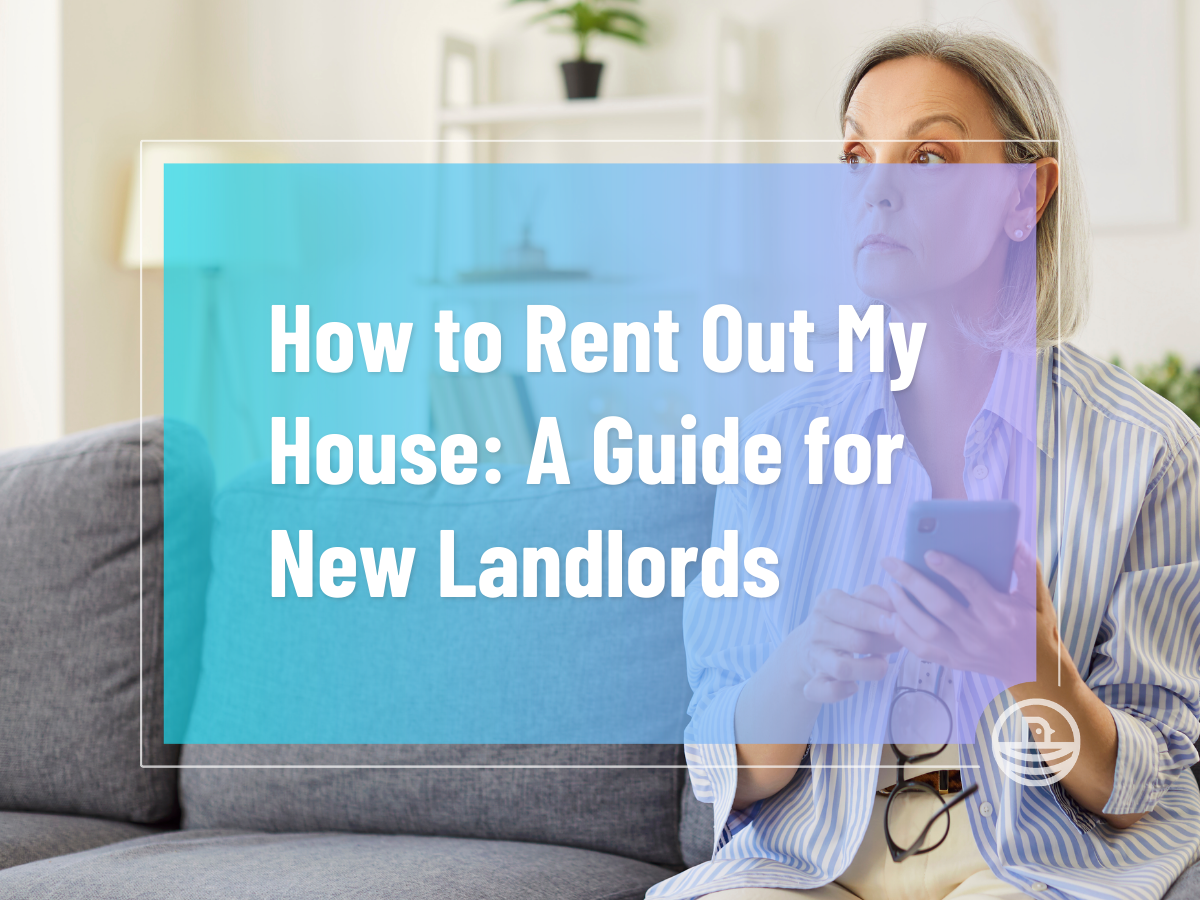Searching for "Landlord-Tenant Attorney Near Me"? Here's How to Find Top Representation
The Most Landlord-Friendly States
Can a Landlord Break a Lease? Here's How to Determine What's Allowed
Why You Should Hire a Property Manager
Can a Landlord Break a Rent-to-Own Contract? What You Need to Know
My Resident Is Late with Rent — What Should I Do?
Looking for a Private Landlord? Watch for These 5 Red Flags
Tips for Renting a House
How to Rent Out My House: A Guide for New Landlords
Showing 1- 10 of 436

.png)

.png)

_1.png)
.png)

.png)

